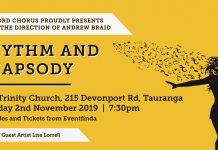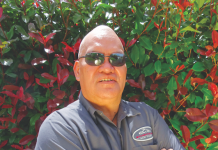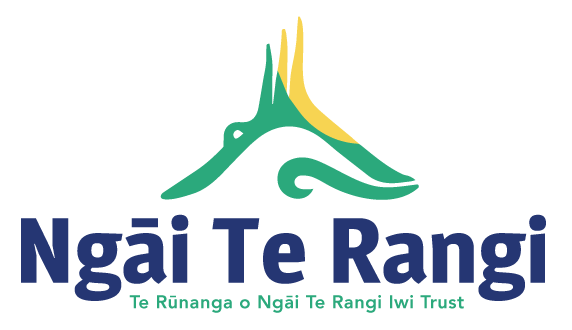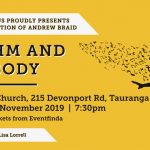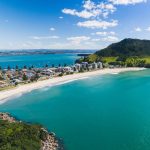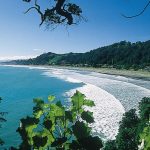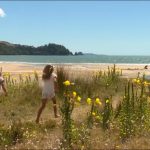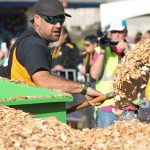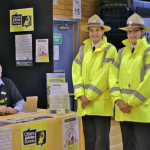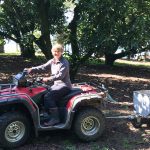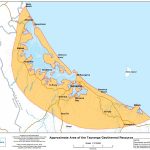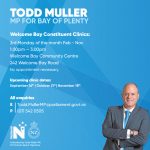Everyone has a world of their own filled with their particular goals and stresses. For my people, the people of Ngāi Te Rangi Iwi, the largest of the three iwi in Tauranga, 2019 will be focused on killing-off the intrusion by a group of Hauraki iwi who are trying to push their way into Tauranga.
The attempt to usurp our traditional lands via a secret deal with the Office of Treaty Settlements first came to our attention in December 2016. We have fought that ever since, and this year efforts will be ramped up.
To paint a picture, it would be like the Government coming to your door and saying that some people from
The fight has gone through many phases and now we are readying for an April date in the Waitangi Tribunal where the basis of the legitimacy of claims for mana in Tauranga made by the group of opportunistic iwi from Coromandel, Thames, Franklin and the Hauraki Plains will be tested for the first time. The key question is why did the Government not test the Hauraki assertions of having some historical claim to Tauranga before Minister Andrew Little signed a Treaty deal with them last year?
Why did Minister Little completely ignore the objection of some 23 iwi from around the North Island that are also negatively impacted by false claims by what is known as the Hauraki Collective? In signing that deal Andrew Little created what is known as the Ardern Confiscations. He will serve his term as Minister and then be gone but the history surrounding the Ardern Confiscations will live on as the legacy of Mr. Little’s nemesis Jacinda Ardern.
If people get a little tired of Treaty claims it would pay to look at the Government’s handling of this one to see there is another side. Following the 1840 signing of the Treaty of Waitangi, Government entities, operating like uncontrolled land developers, continued to take land in a myriad of ways from confiscations to misuse of the Public Works Act – it was a recurring coincidence that every time a local council or the Ministry of Works needed land for a sewage works or road improvement or a quarry, Maori land happened to be the only suitable place to compulsorily acquire under the Public Works Act.
Many New Zealanders will be comforted there is now a system for identifying those transgressions, negotiating redress for harm caused, and then moving on into the future together as partners in a much more positive way. However, this recent attempt to reconfigure iwi power in favour of a group that has developed some good mates in key political and bureaucratic roles takes us back to the days of blankets and beads.
The key for the Government should have been in the name; the group driving the land grab is called the Hauraki Collective, which should have signalled to even the most geographically challenged Wellington bureaucrat that they were from somewhere other than Tauranga or the Bay of Plenty.
Beyond Repair
The problem now for Government is one of saving face. With so many high officials and Government advisors having been involved in what amounts to a confiden
They have both actively promoted the interests of Hauraki iwi in Tauranga. Tauranga City Council has sat on the sidelines hoping their inaction will not get noticed. But we have noticed that while these councils profess to be seeking partnership with local iwi, they are in fact acting to shaft us.
There is a cost for disloyalty. So, we fight. And we will continue to fight to keep these carpetbaggers out as long as it takes – could be weeks or could be decades. We will fight the councils through direct action. Unfortunately, in 2019 that is likely to begin affecting the general population of Tauranga, but until we have those councils supporting local iwi against the intrusion by outsiders then they must be considered the enemy as well.
Therefore, we have to use any and every point of leverage we have to take them on. We won’t apologise for the disruption it will cause you, and we hope you will understand and get hold of your mayor or chair and tell them to take another look at where their priorities lie.
Taking Action
You are not the target but the actions of our councils
By Paora Stanley, CEO Ngāi Te Rangi Iwi, Tauranga Moana – “I write for this magazine because I have something serious to discuss with its readers.”



